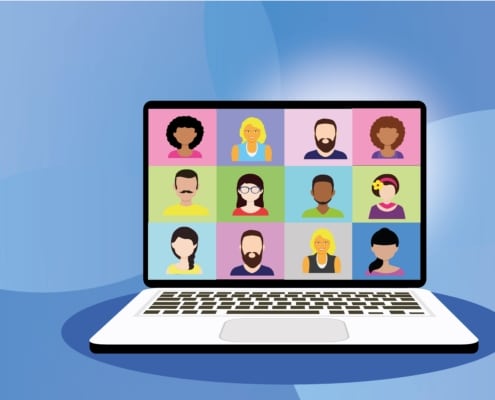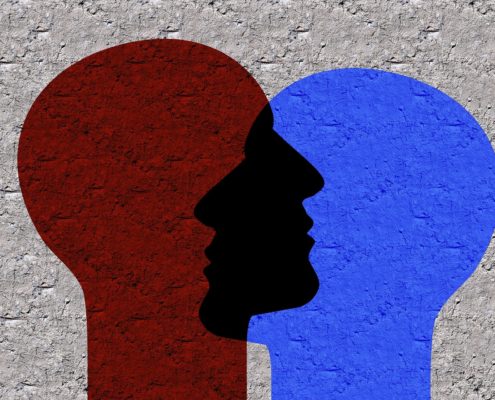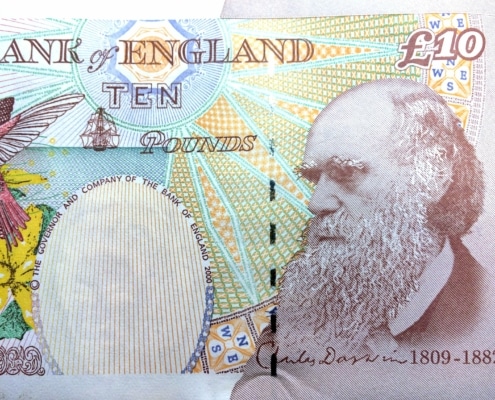
The Anthropology Professor in an Amazon Warehouse
Blog, Contextual Influences, Corporate CultureMy first day of work in an Amazon warehouse I was nervous.

Fishing in the Shadow of Oil
Blog, Contextual InfluencesWe cut the engine as the sun was coming up, letting our small boat drift toward our target: a massive ship carrying liquified natural gas that was anchored a few miles offshore.

The Promise and Perils of Life Lived Online
Blog, Contextual Influences, Corporate Culture, Remote Work, Workplace Surveillance
The pandemic has immersed us faster and deeper in immersive communication technologies. It’s a disrupted, confusing, sometimes exhausting world—but shifting both the tech and our expectations might make it a better one.
I am sitting…
A Philosopher’s Toast to Getting Drunk
Blog, Contextual Influences, Corporate Culture, Negotiation, Trust
Drunk is filled to the brim with references to the workplace. According to author Edward Slingerland, appreciating alcohol’s ancient roots can help us think more clearly about what role drinking should play in our professional lives.
As…

What Social Media Is Doing to Us
Contextual Influences, Decision Making, Podcast
https://www.youtube.com/watch?v=aFBkkL9hkHE&t=228s
In this video, produced by the Strand Book Store in New York City, Jon Haidt speaks with Chris Bail, author of Breaking the Social Media Prism: How to Make Our Platforms Less Polarizing,…

Why Do We Always Think We’re Right? A Conversation with Jon Haidt
Blog, Contextual Influences, Decision Making, Leadership, Podcast, Trust
In this episode of The Good Fight podcast, host Yascha Mounk speaks with Ethical Systems Founding Director Jonathan Haidt about the psychological differences between the political left and right, the human tendency to discriminate in…

The Case for Adding Darwin to Behavioral Economics
Blog, Contextual Influences, Decision Making
As Darwin understood clearly, our fate depends not only on our own decisions and capabilities but also on those of rivals and partners.
Following my first sabbatical—a two-year stint as a federal bureaucrat in Washington, DC—I resumed…

Are You My New Boss?
Blog, Contextual Influences, Leadership
Our plans, hopes, dreams, and even day-to-day expectations are in fact pinned not to our jobs, themselves, but to those who oversee us doing them.
A client recently came to me with a suspicion. Even after a workshop that ironed out most…

Sometimes It’s Best to Fight Bias with Bias
Blog, Contextual Influences, Decision Making
When Christina Fang was a graduate student at the University of Pennsylvania, in the Wharton School of Business, she took a course on behavioral decision making and it blew her away. It fascinated her that people and firms can deviate systematically…

Professional Responsibility, NYU Stern, 2017
Contextual Influences, Course Syllabus, Decision Making, Professor, Teaching Ethics
Download syllabus for Professional Responsibility, taught at NYU-Stern in 2017 by Jonathan Haidt.
Download
